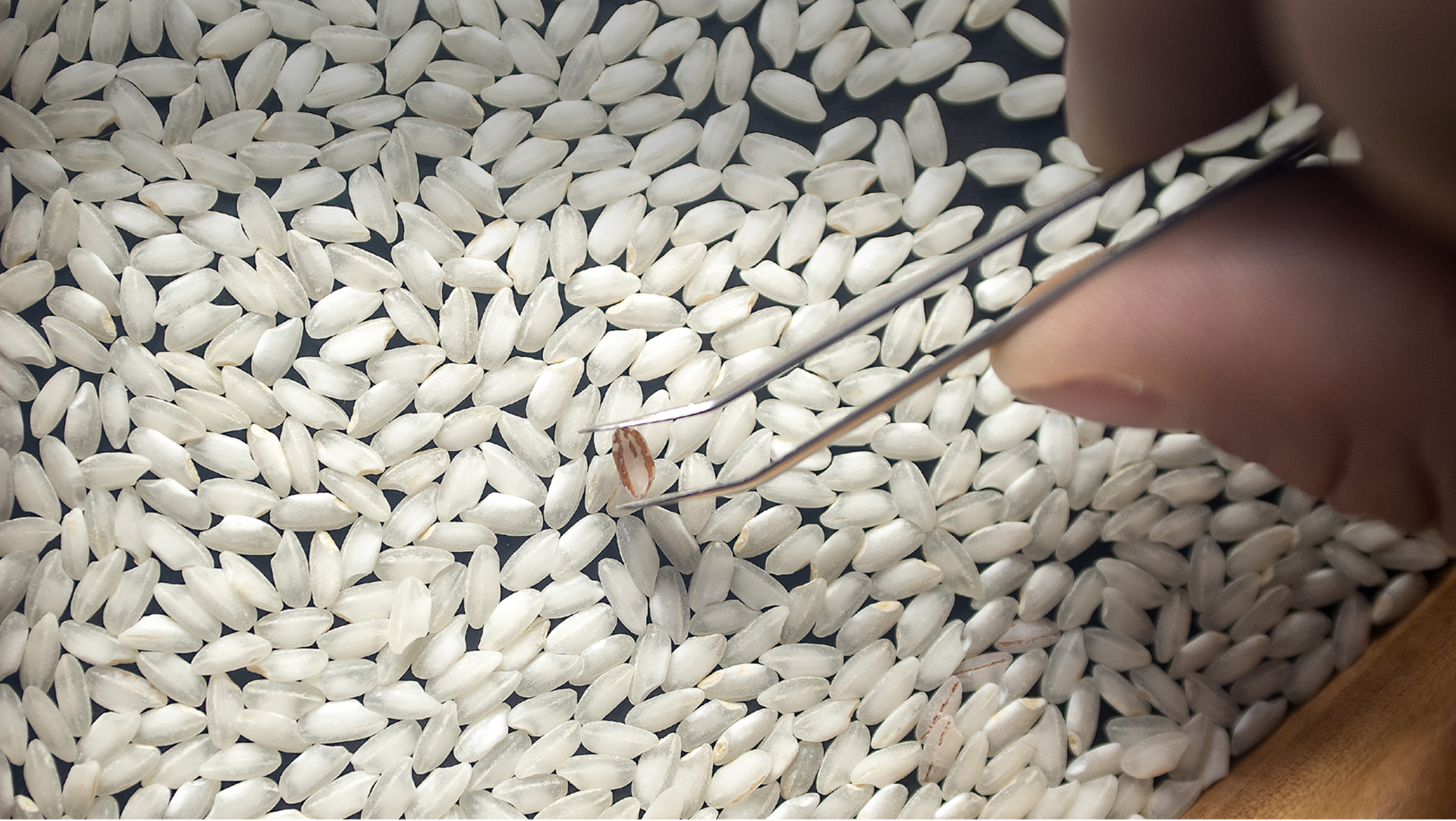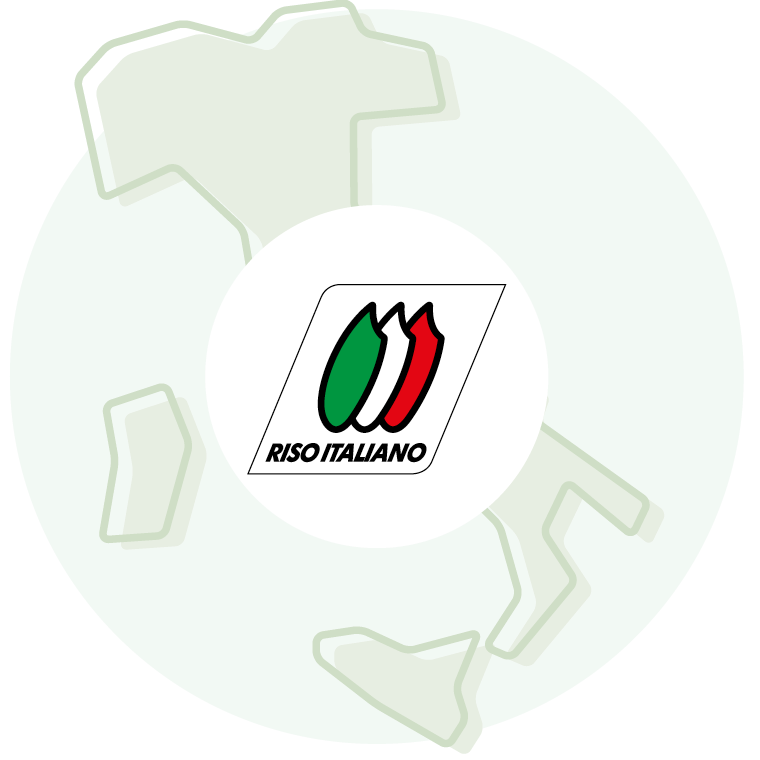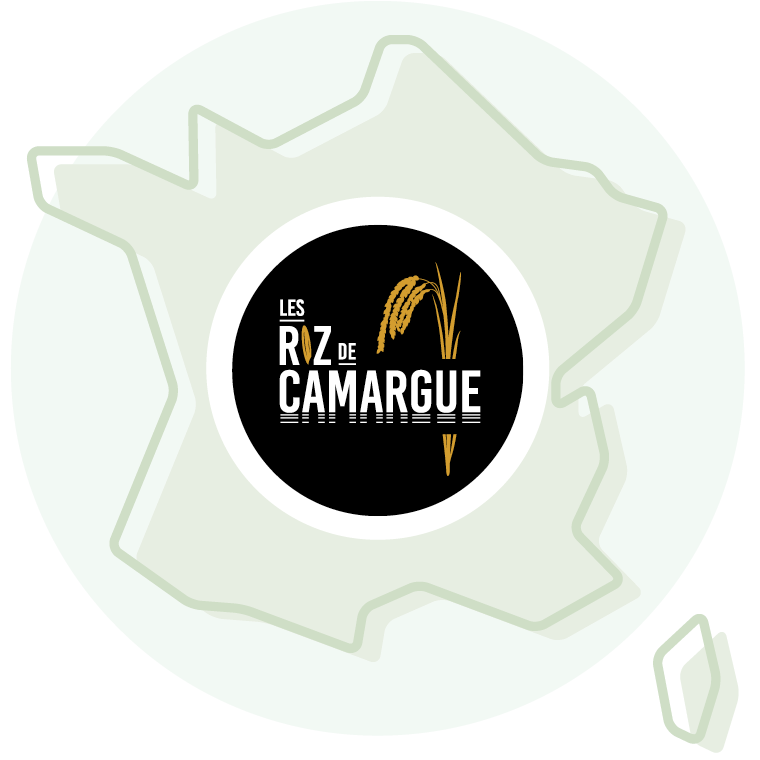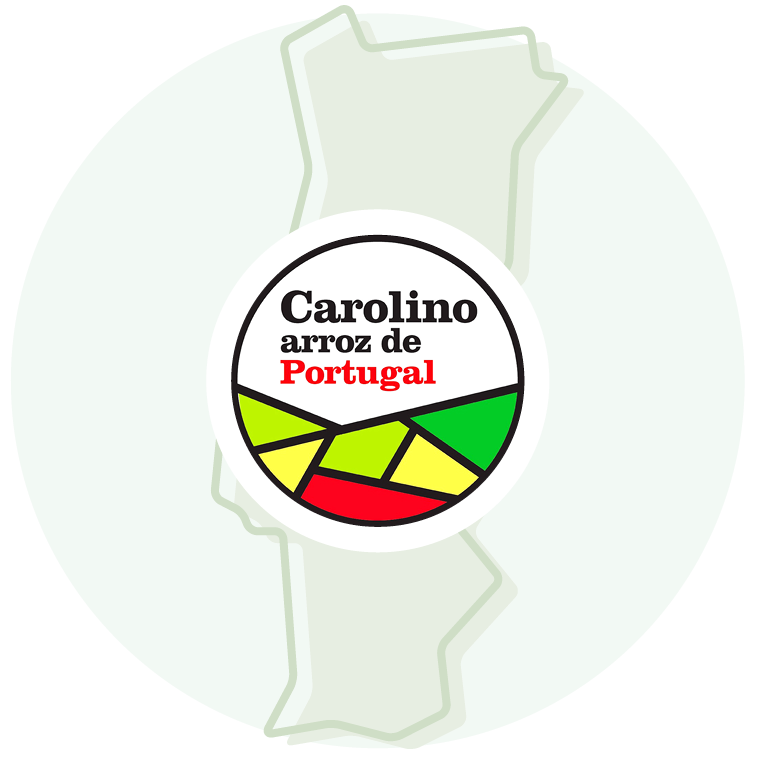
Promoters
The Italian National Rice Authority, Ente Nazionale Risi
is a public body founded in 1931 to monitor and support the Italian rice sector. It acts under the supervision of the Italian Ministry of Agricultural, Food and Forestry Policies. Ente Nazionale Risi’s main activities include initiatives aimed at protecting the entire rice sector, such as the promotion of “Made in Italy” rice through informative campaigns, providing technical support and analysis services to rice farmers, and carrying out research to improve production.
Ente Nazionale Risi monitors the Italian rice market, drawing up annual budgets and accounts and facilitating the supply chain’s implementation of actions guiding commercial choices. In addition to the above, another of its main tasks is to represent the Italian rice industry and growers at the European Commission level.
Furthermore, through its Rice Research Centre and the Technical Support Service, it carries out field trials and collaborates with numerous Italian and international institutions, including national research institutes (universities, agricultural experimentation institutes, etc.), international research institutes (IRRI – Philippines, CFR – France), public bodies (Regions, Provinces, environmental protection bodies, customs, etc.), private companies and rice field owners and producers.
Italy is the leading rice producer in Europe, boasting approximately 227,300 hectares of rice fields (2020 data), representing over 50% of the entire EU rice field area, and a production of approximately 1,500,000 tonnes (2020 Ente Nazionale Risi data).
Production is mainly concentrated in two regions, Piedmont and Lombardy, accounting for 94% of the total number of hectares cultivated in Italy. Italian rice production is, indeed, concentrated in the areas most suited to this particular agricultural sector, that is the Western Po Valley. The most important provinces involved are Vercelli, Novara, Pavia and Milan. 88% of the total national area and 90% of rice-growing companies are concentrated within these provinces.
Unlike other agricultural sectors, the Italian rice sector boasts large, professionalized agricultural companies having on average 60 hectares of fields. Out of a total of 3,785 agricultural companies, 45% have more than 50 hectares and own 80% of the surface area. In particular, Vercelli and Novara have average production areas above the national figure, while Pavia is the province where the largest share of companies is concentrated (36%).


The Union of Rice Growers of France and the Rice Sector (Syndicat des Riziculteurs de France et Filière – SRFF)
was founded in 1947 on the initiative of rice producers and other rice sector players (involved in activities such as rice storage, milling, processing and conditioning) with the main aim of promoting the entire rice sector, at the same time as reflecting on it and making decisions about its future.
Since 2000, SRFF, as a Defence and Management Organization (DMO), has guaranteed the management and monitoring of the Protected Geographical Indication (PGI) of Camargue Rice, taking care of aspects such as traceability from production through to packaging, quality controls and analyses to ensure fulfilment of all specification criteria.
In addition, as part of its mission, it promotes the awareness and visibility of the product consumer engagement and communications initiatives. It, therefore, does everything it can to promote “Camargue Rice” to end consumers and distributors.
These actions are complemented by the development of partnerships with entities and programmes such as LEADER (the European mechanism for financing local projects and local support), financed by the European Agricultural Fund for Rural Development (FEADER), the Provence-Alpes-Côte d’Azur Region and the 3 Intercommunalities of Pays d’Arles, the Chambers of Agriculture of Gard and Bouches-du-Rhône, and the Camargue Regional Natural Park.
Organic farming marketing channels have also been integrated into promotional initiatives over recent years.
The SRFF benefits from political and financial support from the Southern Region (Department 13) and Occitanie Region (Department 30). All French rice farmers are members of SRFF, since it is the only organization promoting rice production in France. The promotion of PGI Camargue Rice is one of the principle aims of SRFF, along with monitoring its traceability, quality and engagement among the general public, including schoolchildren in particular.
French rice production is concentrated in the Camargue Region. Second only to tourism, agriculture is the largest economic activity in the Camargue Rhône Delta. France contributes significantly to sustainable rice production at the European level, with rice cultivation in France, in 2020, covering an area of approximately 14,000 hectares, producing around 71,800 tons.
In 2017, FAO recorded a rice production area of 17,000 hectares, and a production of 85,000 tonnes.


The Casa do Arroz Interprofessional Rice Association (CdA Associação Interprofissional do Arroz)
is the Portuguese intertrade rice sector association, a private non-profit organization, founded on the 10th of February 2012.
Its main mission is the promotion and defence of the Portuguese rice sector, and the representation of producer and grower associations (AOP – Associação dos Orizicultores de Portugal and APOR – Associação Portuguesa de Orizicultores), the national millers’ association (ANIA – Associação Nacional dos Industriais de Arroz) and the national distributors’ association (APED – Associação Portuguesa das Empresas de Distribuição), which gather together almost 100% of growers (2,000) and 90% of millers (6 companies: Arrozeiras Mundiarroz, S.A.; Dacsa Atlantic, S.A.; Ernesto Morgado, S.A.; Novarroz, S.A.; Orivárzea, S.A.; and Valente Marques, S.A.).
Rice production has a great social and economic importance for Portugal, with production concentrated in the Sorraia, Tejo, Sado and Mondego river valleys, having an approximate cultivated area of 30,000 hectares. This is shared between the Lisbon Region the Sorraia and Tejo river valleys, accounting for 47% of the total area, the Alentejo (River Sado) Region for 32%, and the Central (River Mondego) Region, for approximately 20%.
In total, the Portuguese rice sector produces 180 thousand tonnes of rice, representing 60% of Portuguese consumption.
Portugal has traditionally produced Japonica rice, almost exclusively the Carolino variety, due to extremely favourable soil and climate conditions, with 80% of the total area dedicated to its production, with the remaining 20% dedicated to the Indica variety.
Casa do Arroz, as the leading association of the Portuguese rice sector, has been directly involved in the recently established rice sector legislation Legislative Decree 157/2017 of 28/12/2017, which regulates the quality of the rice sold in Portugal, and properly defines the profile of the economically important Carolino Japonica and Agulha Indica rice varieties. It has also the mission of promoting the Portuguese rice speciality called “Arroz Carolino” and “Carolino Rice” as representative of Portuguese gastronomic heritage, notably under the campaign slogans “Carolino, Arroz de Portugal” and “Carolino, Portuguese Rice”.


